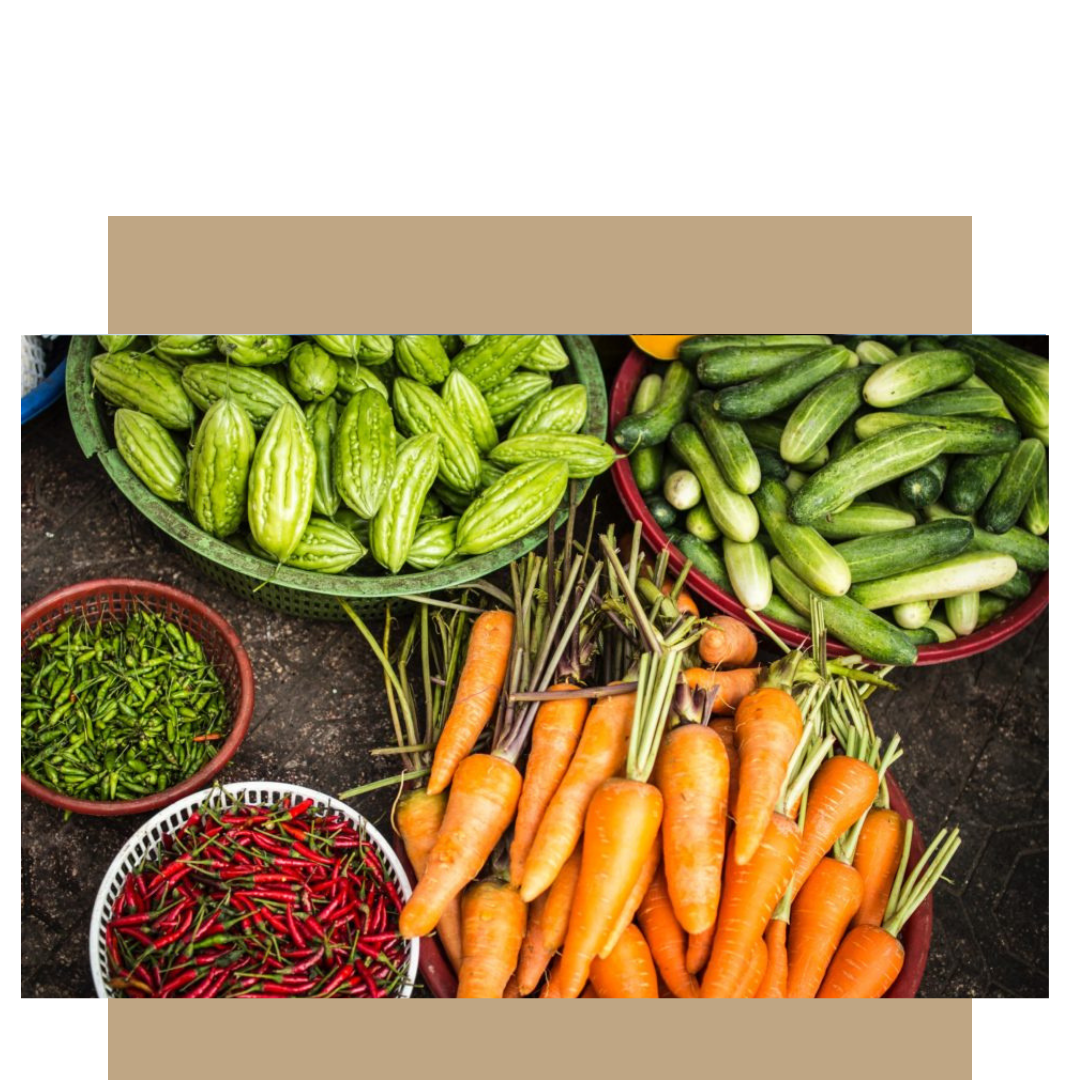10 Simple Steps to Get Started with Organic Gardening
It is easy to get started gardening organically when you have curiosity and interest in small-scale food production, however it does take planning and patience to watch your crops grow. Knowing what goes into your produce, and your soil, will give you a strong sense of accomplishment and you can be proud that everything you grow is pesticide-free and safe to eat, straight from the garden.
Before you get started, you need to have a plan of action, here are some suggestions to help you get started:
1 Choose your plot. No matter how small you start, make sure that your plants will be receiving 5 to 6 hours of sunlight a day, particularly if you are growing herbs.
2 Purchase organic seeds. Heirloom, region-specific varieties are not only beautiful, they are hardy as well. For the sake of diversity, try to plant annuals alongside perennials, keeping in mind height and harvest times of the plants. Make sure to read the labels of every seed packet and avoid those that are fungicide-treated.
3 Get familiar with companion planting. Knowing what plants grow best next to each other, will save much time and frustration when trying to battle pests. Adopting a good companion planting system, will improve the use of space, reduce the number of weeds, and provide protection from heat and wind – it can even improve the flavor of the ripe vegetables.
4 Prepare the soil with compost – or use the no-dig, straw bale method. Adding decayed organic matter to the top of the soil in early spring, allows the early rains to wash essential nutrients into the soil, preparing the plot for planting. With a no-dig approach to gardening you will not be breaking up the soil structure, instead you will be planting directly into the mulch. This system results in better water retention and aeration, but is unconventional, so does take a steeper learning curve.
5 Develop a system for collecting rainwater. Plants need water, there is no doubt about that. If your garden is small enough, watering locally with a watering can will do the trick as not all plants need that same amount, and some plants such as tomatoes can suffer of mold and mildew if their leaves get too wet. Diseases are easier to spread with overhead watering. Also keep in mind that just because you are thirsty in the hottest part of the day, your plants would be better off with an early morning or bed-time drink.
6 Know what weeds you can eat. Chickweed, purslane and goosefoot are all nutritious “weeds” that pop up in the garden, for they also love the sun and water that you are giving to all of the plants. Identify them correctly and you will be adding essential vitamins and minerals to your salads all summer long!
7 Avoid all chemicals. Instead, you can make your own fertilizers out of stinging nettle and use more benign methods for insect control, if and when you need it. Ecological soap sprays, onion and garlic sprays and chrysanthemum flower tea can all be used as insecticides, provided that they are applied at the proper time of day and lifecycle of the garden intruders.
8 Buy or borrow, tools and equipment. For a small space you won’t need much, but a shovel or spade, rake, trowel and some gardening gloves are the basics to get you started. A wheelbarrow, bucket or basket will be of great help as well, and depending on the size of the garden you will need a watering can or garden hose for those times when there is more sun than rain. If you like to go barefoot, here is your chance to grab some beneficial earthing energy while you are growing your salad.
9 Use containers or clay pots. Even in small spaces, growing crops organically can be achieved. Not only a beautiful way to add depth to your patio, you will be able to provide your family and friends with a variety of herbs, snap beans, arugula and mini tomatoes.
10 Encourage bees and local wildlife. Plant flowers along the borders that invite bees and other pollinating insects. Worms are a great addition to the garden, not only do they help improve the soil, they will become food for birds and other small mammals – organic gardening is all about diversity and balance.
Organic gardening does not have to be hard work! When you focus on easy-to-grow vegetables such as lettuce, leafy greens and chard, onions, chives, cucumbers, potatoes, tomatoes, strawberries and mint, you will find more immediate and tasty rewards. In turn, you will have the courage to try growing garlic, peppers, celery and eggplant in the following seasons.
Pick seeds of your favorite vegetables, create the garden space and get planning today!




